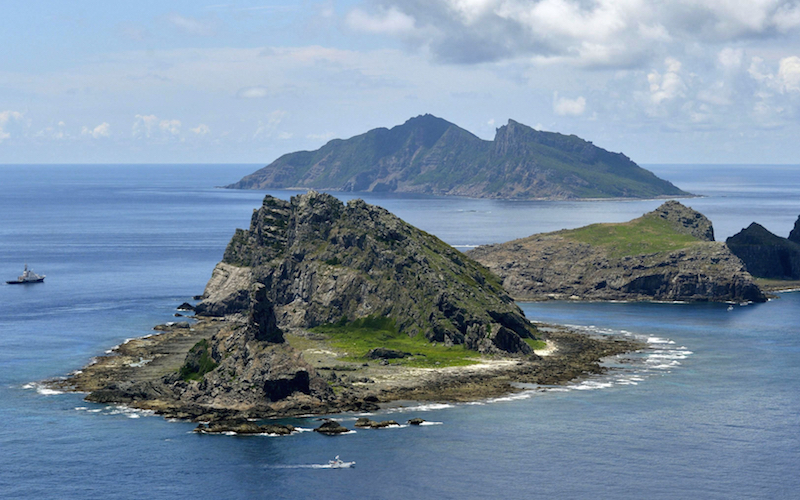
Regional Leaders to Meet over the Senkaku Islands
Leaders of China and Japan are scheduled to meet for the first time since Japan purchased the Senkaku islands in 2012. The expected summit meeting between President Xi Jinping and Prime Minister Shinzo Abe will take place along the sidelines of the APEC leaders’ meeting in Beijing on 10-11 November. It is likely that tensions over the disputed islands will decrease on the occasion of the meeting.
Japan increases maritime patrols
The upcoming meeting is considered a major event for bilateral diplomatic relations between the two nations. Yet, despite the imminent summit, Shinzo Abe’s administration has continued strengthening Japan’s Coast Guard fleet. In particular, the Japanese have boosted patrols in waters near the disputed Senkaku/Diaoyu islands. A report by the Asahi Shimbun points out that by the end of fiscal year 2015, Japan will have 12 large cutters capable of holding a crew totaling 600, devoted exclusively to the Senkakus.
This increase in maritime surveillance by Japan has been met with an increased Chinese presence in the disputed waters. According to the same report, “between September 2012 and September 2014, there were a total of 95 intrusions into Japanese territorial waters by a total of 320 Chinese coast guard ships. On October 3 alone, three vessels were spotted in Japanese territorial waters.”
In addition, Japan is also faced with an increase in the number of intrusions by Chinese fishing vessels, from 39 in 2012 to over 200 so far in 2014.
Therefore, while tensions will likely decrease on the short term, in the long run we can expect the issue to come to the forefront of international attention once more.
Growing negative public sentiment
Both China and Japan have many domestic issues to address at the moment. China is busy trying to contain the spread of subversion from the ongoing Hong Kong protests. In order to divert attention and maintain domestic support for Communist Party leadership it might need to pull out the nationalist/anti-Japanese card at some point. This would mean that, despite the upcoming meeting with Japan, Chinese leaders might not wish to seem too cozy with Japan.
(Prepared by Ethnographic Edge using Web Intelligence provided by Recorded Future)
As it turns out, a recently released public opinion poll reveals some alarming facts about anti-Japanese/Chinese sentiments. As The Diplomat explains “the poll indicates that over 93 percent of Japanese respondents and 86.8 percent of Chinese respondents hold an unfavorable or negative impression toward the other nation. One of the most alarming facts of this survey is that more than half of the Chinese respondents (53.4 percent) and almost a third (29 percent) of Japanese respondents believe that military conflict between China and Japan is imminent within a few years or in the near future.”
Of course, the results are not exactly a surprise, but they do reveal a rise in the fear of a military conflict. They also suggest that neither China nor Japan are in a position to be able to make any concessions to improve the bilateral relationship.
Rise in Sino-Russian trade
Tensions between China and its neighbors regarding territorial disputes have increased in recent years. This has created a shift in regional trade and investment, with, for example, countries like the Philippines and Vietnam boosting their trade with Japan. On the other hand, recent tensions over Ukraine have isolated Russia, who is now relying more than ever on China for investment.

